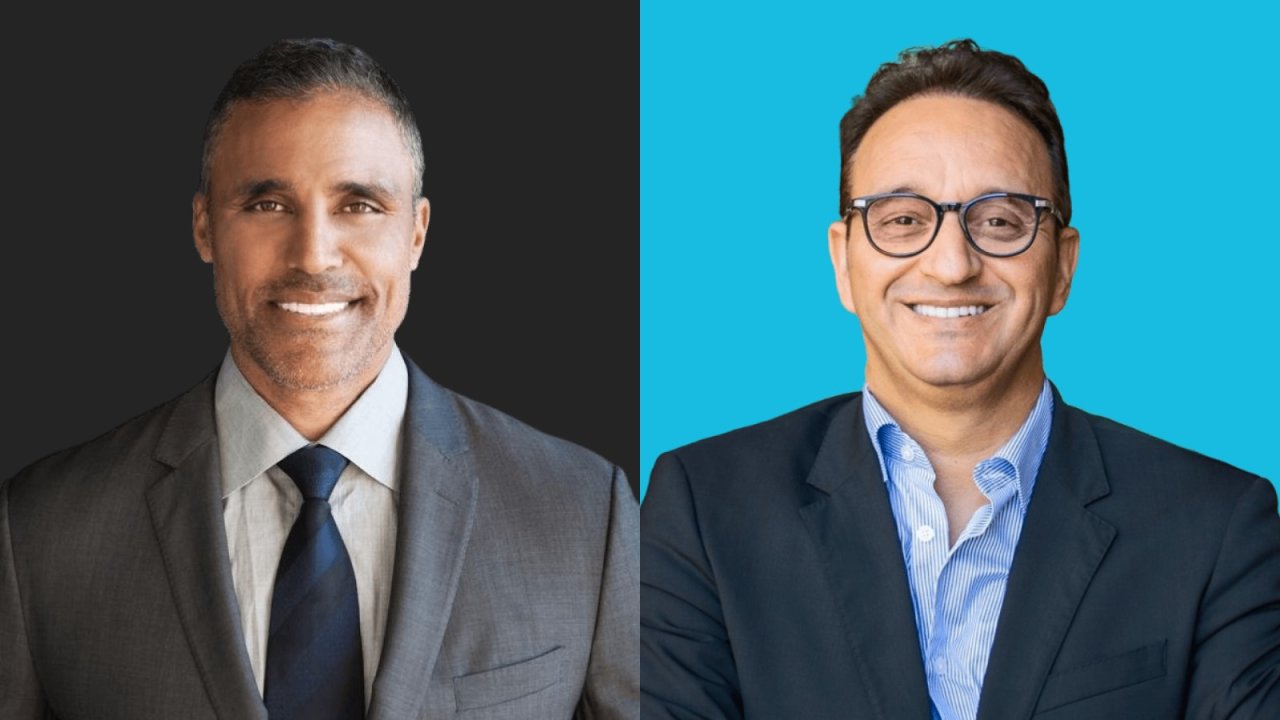Partanna and KAUST to advance ‘superfast’ CO2 absorbing materials through R&D partnership

Materials science company Partanna Global has entered a research and development partnership with King Abdullah University of Science and Technology (KAUST), aimed at accelerating the CO2 removal properties of the company’s patented process for producing concrete.
The initiative is set to last 12 months and will integrate Partanna’s exclusive formula with KAUST’s Direct Air Capture (DAC) technology to maximize the ecological and structural advantages of Partanna’s product.
Partanna Concrete 'breathes like a tree', pulling CO2 directly from the atmosphere over its lifecycle, while avoiding emissions during production.
Partanna’s process requires zero Portland Cement – a material responsible for 9% of the world’s CO2 emissions. Instead – the company uses a binder made from natural and recycled materials that are available throughout the Kingdom, including brine. This binder is cured at room temperature, avoiding the need for the clinkering process or industrial heating. Through initiating a chemical reaction, Partanna’s binder contains compounds that react with and then absorb atmospheric CO2 molecules.
“Concrete produced using this process can be considered carbon negative, and capable of generating carbon credits. We have been engaged with Partanna for quite some time and have been impressed by their innovation. We now hope to augment the environmental benefits we know Partanna’s formula delivers by integrating KAUST’s DAC technology alongside it. We are excited to accelerate the development of more efficient sustainable construction materials that capture CO2, showcasing a proactive approach to climate change mitigation.”
- Mohamed Eddaoudi, a Distinguished Professor of Chemistry at KAUST
The research, in support of Saudi Vision 2030 and the Saudi Green Initiative (SGI), will further enhance the carbon removal capacity of Partanna’s concrete, and deepen understanding of the subsequential positive environmental impacts. This understanding will lend itself to further evolution of Partanna’s formula to elevate its known positive carbon absorption effects.
This exciting partnership follows the news of Partanna’s recent successful test-run at SRM, where they showcased the integration of their innovative carbon-negative binder with existing concrete manufacturing processes, proving its effectiveness and marking a significant advance in sustainable construction practices.
Meanwhile, Partanna continues to gain a foothold in the Gulf region, having recently entered a collaboration agreement with ROSHN Group and Diriyah Gate Development Authority.
“This partnership is all about amplifying what we do best – advancing materials to advance society – and in the case of our concrete, turning buildings into structures that heal, rather than harm, our natural environment. By working with KAUST to optimize our already carbon negative concrete formula, we’re continuing to build the case for changing the way the world builds.”
-Rick Fox, CEO of Partanna Global
About Partanna:
Partanna is an applied material science company led by its mission to advance materials for an advanced society. Partanna’s current concrete product supports industries to help them decarbonize, enhance profitability and generate carbon credits via the world’s first zero-emission material, which naturally removes carbon from the atmosphere. Through its application across various industries, Partanna Concrete generates top-performing carbon credits in a fast-growing global market.
About KAUST:
King Abdullah University of Science and Technology (KAUST) is a science and technological research university which opened in 2009. KAUST brings together industry-leading talent and ideas from around the world with the goal of advancing science and technology through distinctive, collaborative research related to food, water, energy and the environment. KAUST is a catalyst for invention, economic development and social prosperity in Saudi Arabia and across the world. KAUST is recognized as the premier research-based university in the region – with a 200-strong faculty and over 1,000 researchers – and was recently ranked first in the Times Higher Education (THE) Arab University Rankings 2023.